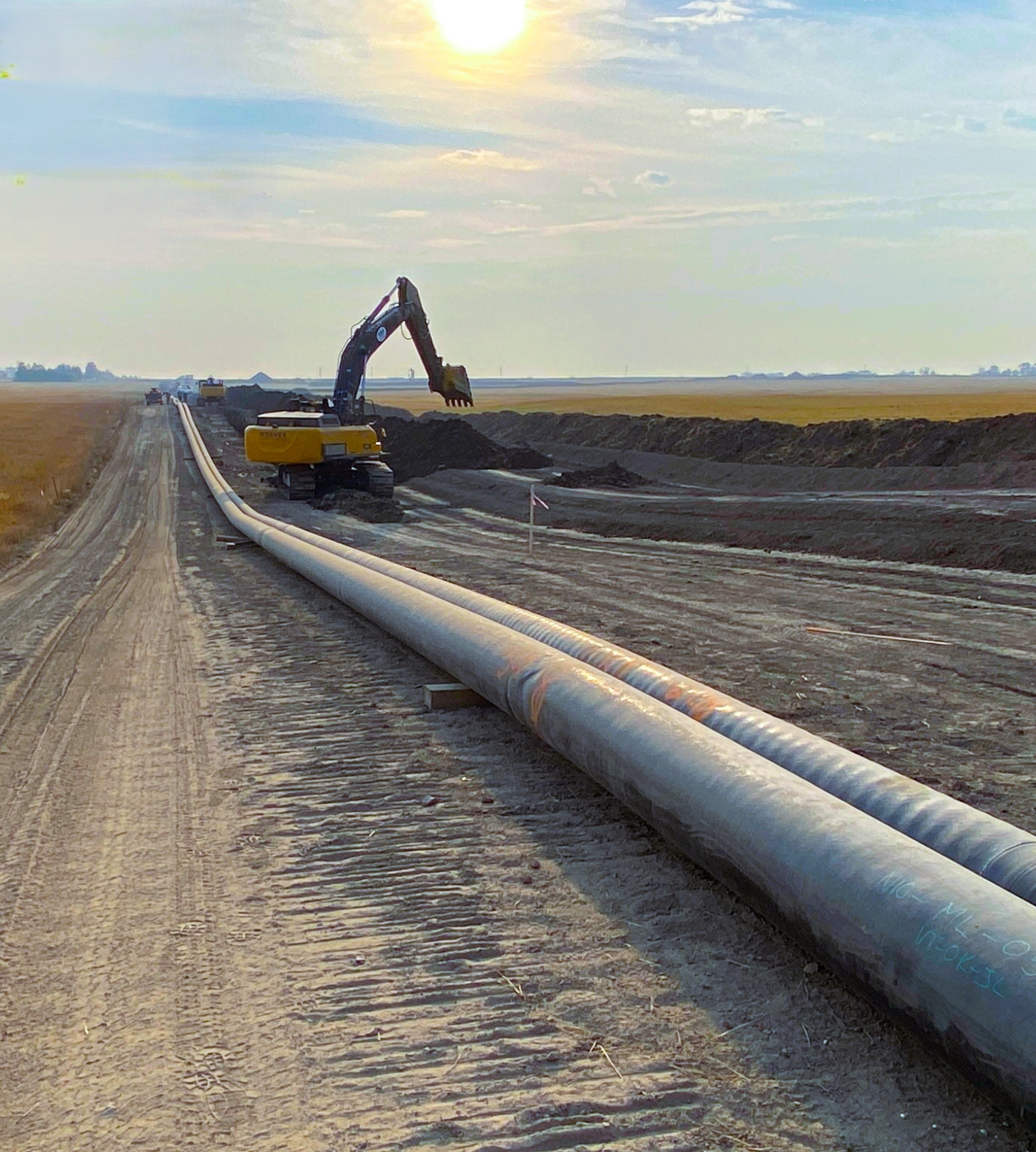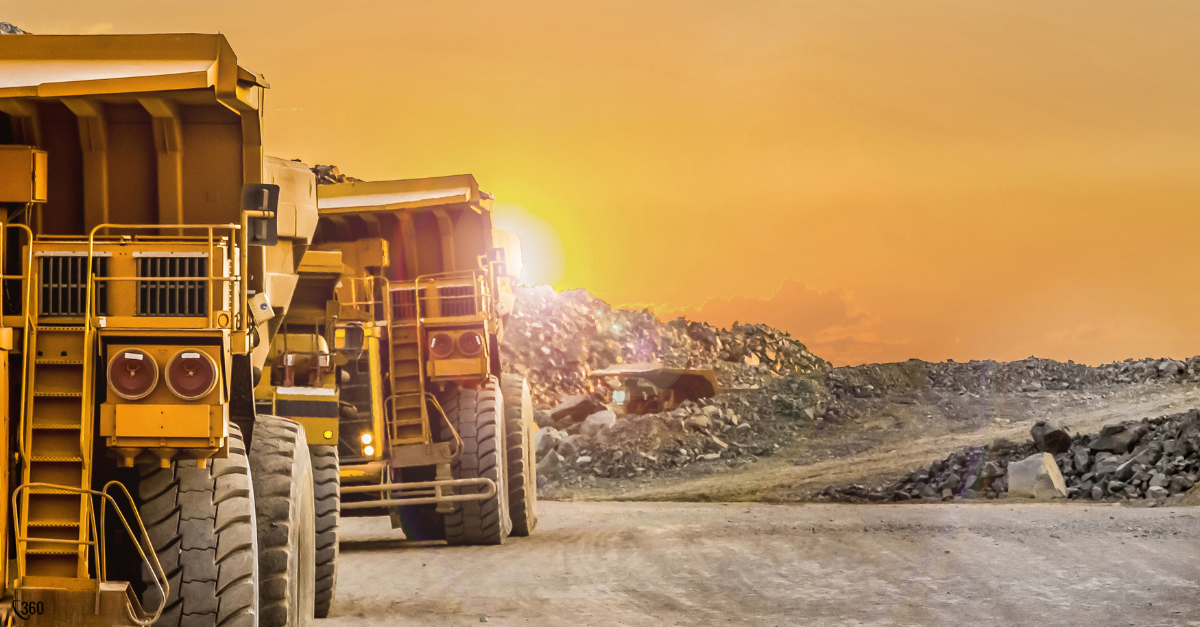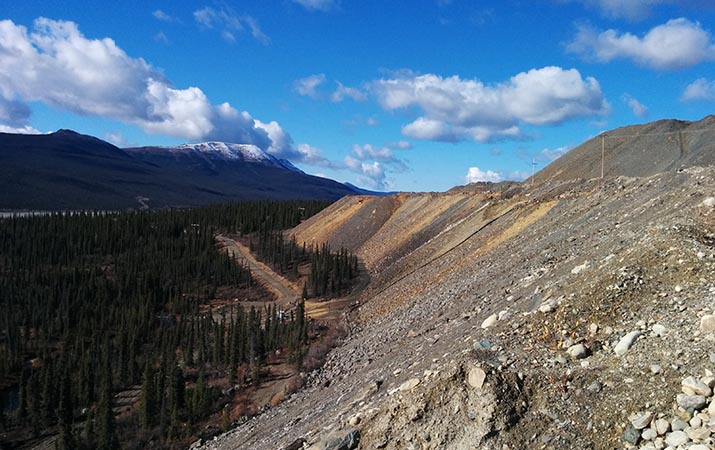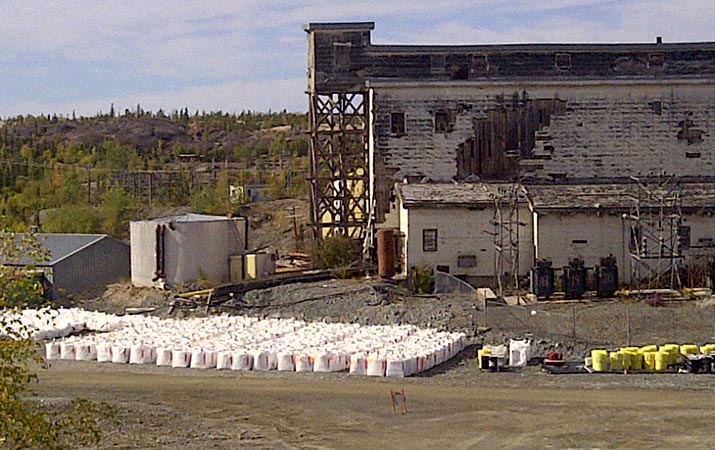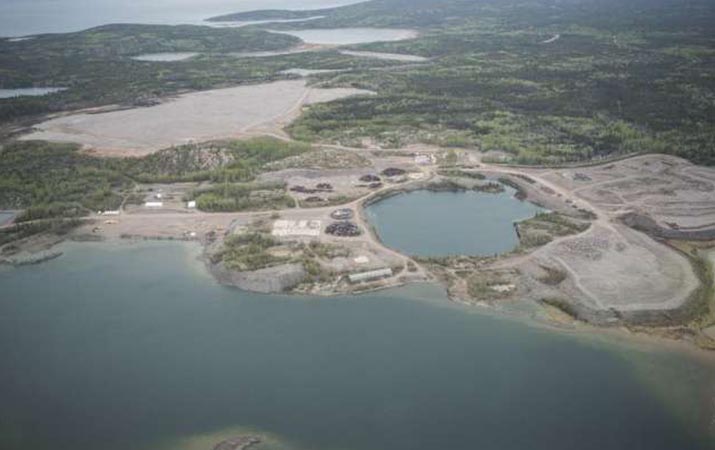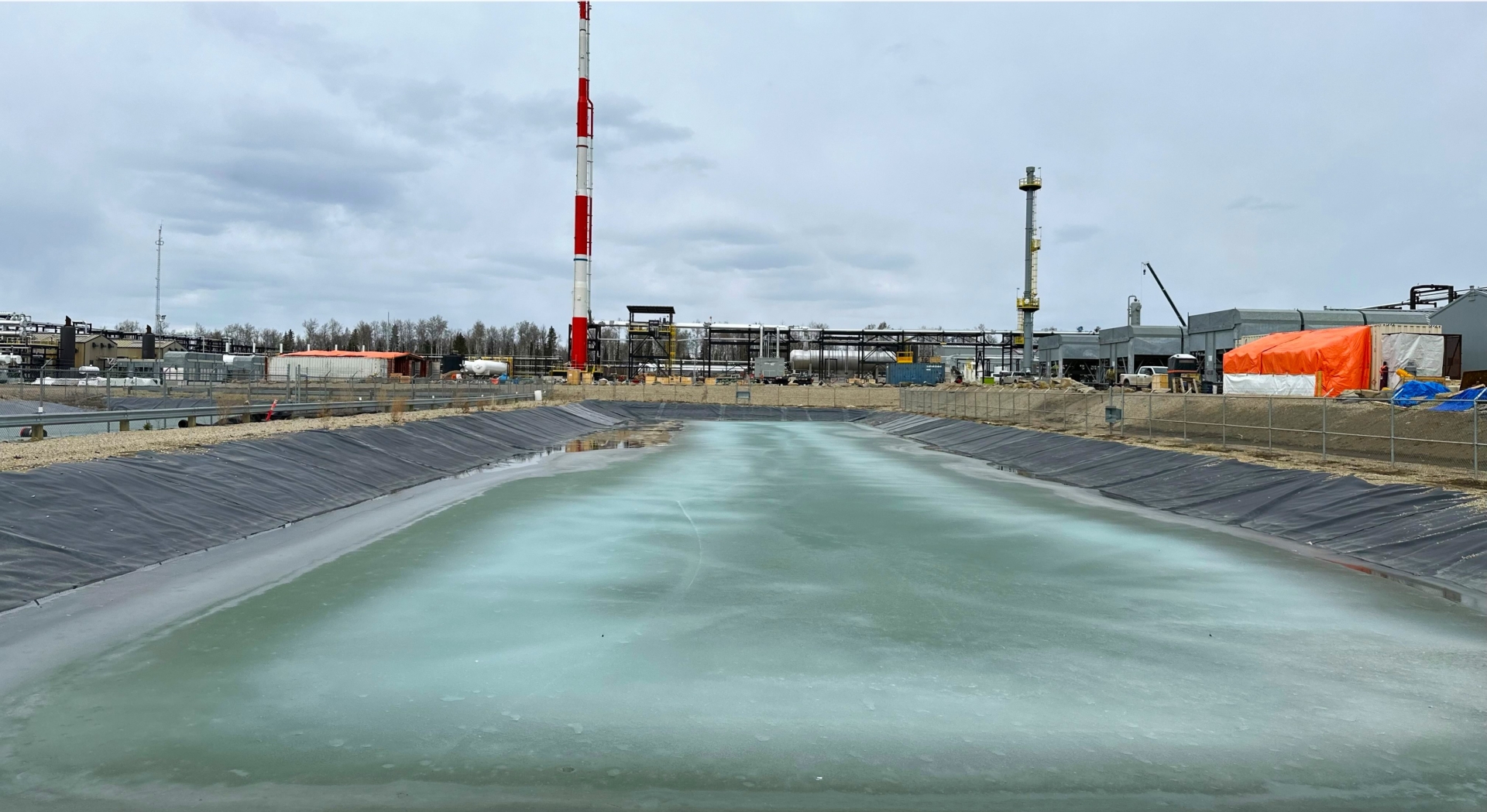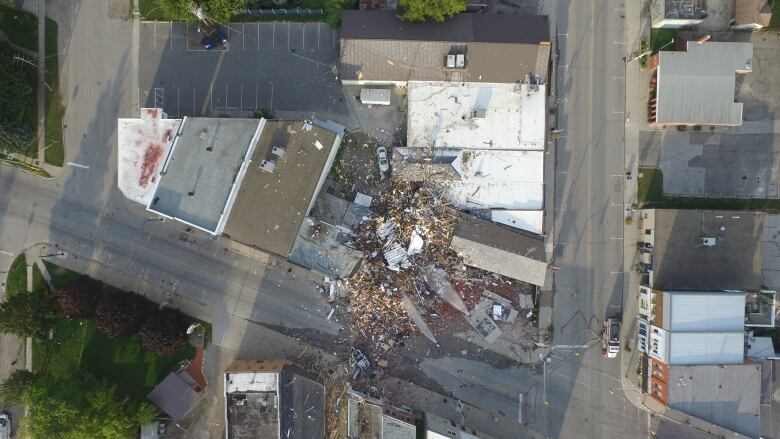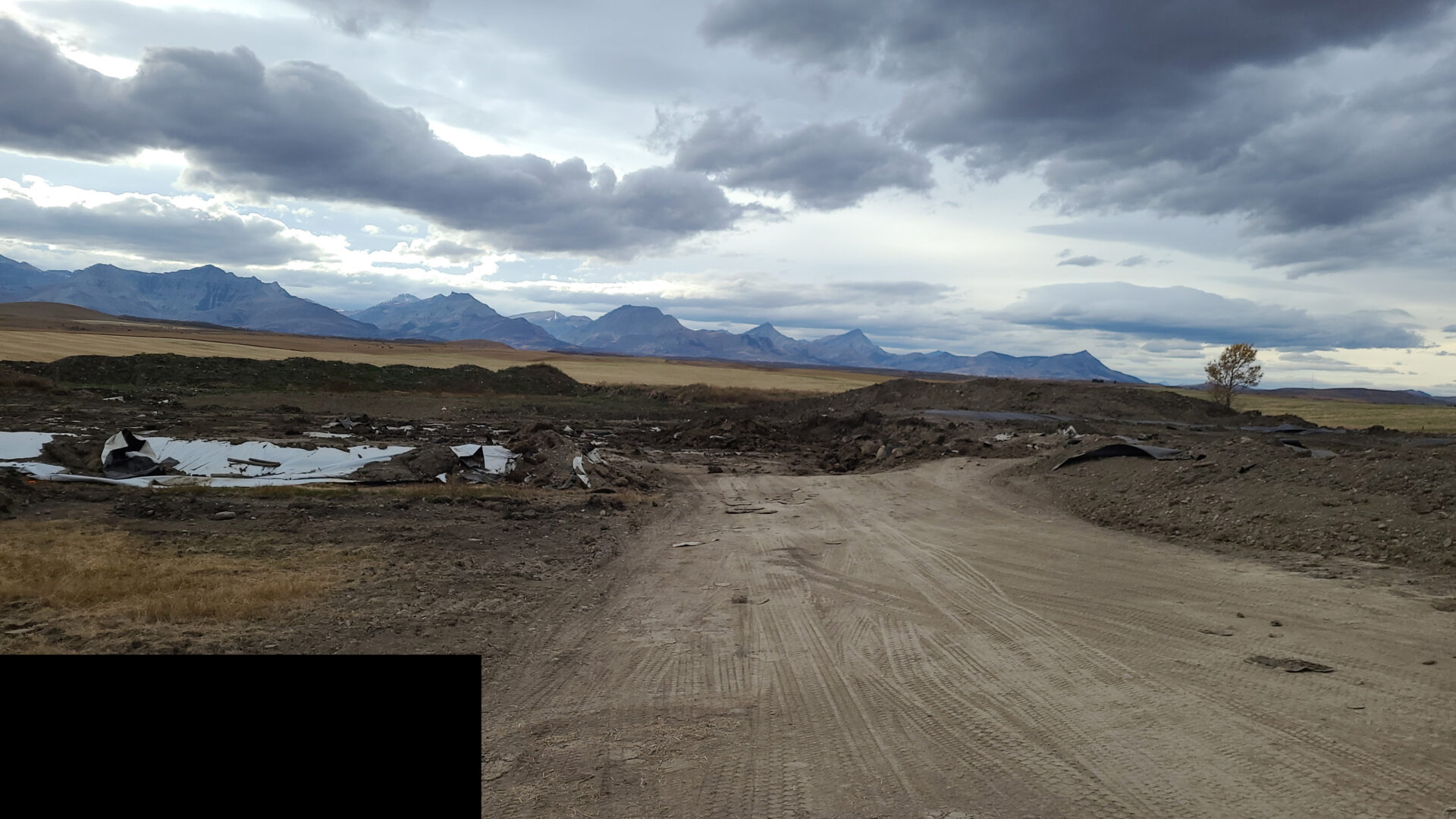Change is constant in the oil and gas industry. With the political, environmental and economic landscape constantly shifting, all who are active in it need to stay up to date on the latest developments. Producers, lenders, and private investors, or really anyone holding or dealing in oil and gas assets, need a clear picture of the impacts of this shifting landscape to confidently manage their liabilities and optimize their assets.
The Redwater Decision
Alberta historically had among the most permissive policies in North America for the suspension, transfer, and restoration of inactive oil and gas wells. It was common for legacy properties with inactive wells to change hands frequently. Bigger corporations were able to eliminate some of their liability because parts of the package had a recoverable upside. Others would take on the properties and seek to unearth dormant value, and many were successful. Not all though. Large quantities of sites were passed around and many of them ultimately became orphaned and had no legally responsible party.
With increasing company failures due to the downturn, the number of orphaned wells has ballooned in recent years, creating serious challenges for our province as we try to ensure the land housing these abandoned wells is fully reclaimed. Redwater is just one such failure, but one that led to a decision by the Supreme Court of Canada that has created greater risk for creditors of solvent companies.
Redwater Energy Corporation was a publicly listed junior oil and gas producer with ownership of 127 properties, only 20 of which held producing asset value. The remainder were suspended, inactive or partially abandoned which ultimately led Redwater to file for bankruptcy. This started a case that ultimately led Canada’s Supreme Court to rule that insolvent or bankrupt energy companies could no longer pay back creditors until after fulfilling their environmental duties.
The clean up of retired wells must now be dealt with before banks or investors are paid.
What Does the Redwater Decision Mean for You?
The Redwater decision has created a greater fog around asset retirement obligations (ARO) and the risks of dealing in oil and gas assets. Many in the industry do not have a clear picture of their asset retirement obligations, so the risks associated with holding legacy assets have increased as creditors, lenders, and equity partners are all scrambling to make sense of how much exists in their portfolios.
The lack of clarity and the inability to accurately assess or present ARO values has lenders and investors restricting access to capital. It is now critical to have a clear picture of the current and potential liabilities a company or asset package holds. Producers are already finding it more difficult to secure capital and banks and private equity companies are leaving good deals on the table because they simply cannot see the opportunities present. There have been consistent retractions of capital available to Operators since the Redwater announcement and the parallels to ARO have been clearly defined by the lending community.
From our experience, capital providers are still willing to finance E&P companies, but those seeking capital need to provide clarity around their retirement obligations. The most difficult thing the Redwater decision has brought about is uncertainty. There are good investments in the energy industry, deals are still happening, money is being lent, but only if there’s clarity around risk and if the value of the deal is visible. As a result, information on ARO liability and the clear communication of it is critical.
We are here to help. At 360 Energy Liability Management, we enable companies to make a fully informed decision about how to invest, lend, or allocate their capital in the energy sector. Reliable information about ARO and liabilities is crucial in a post-Redwater world. We are experts at unearthing and packaging ARO information in a way all parties can clearly understand and act upon. An ARO audit is a small price to pay for greater certainty and reduced risk in a more challenging environment.
From our perspective, the Redwater ruling is a net positive for Alberta, and the industry, as long as producers and capital providers don’t let it keep them from pursuing new opportunities for growth. If you are unsure of your ARO, get in touch. We can deliver the clarity you need to make growth simple.


